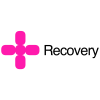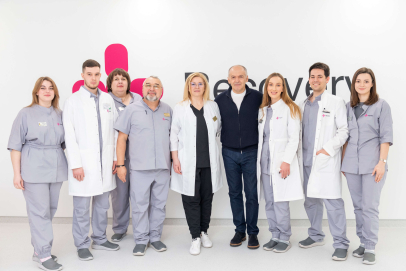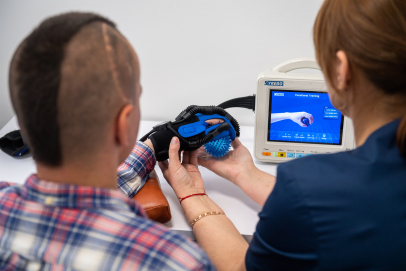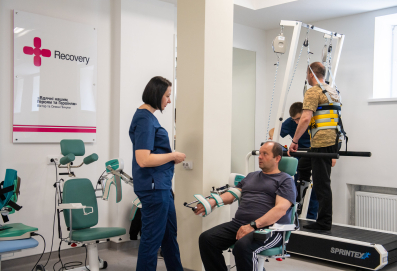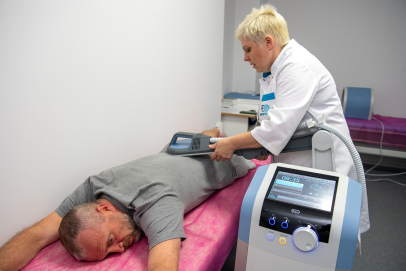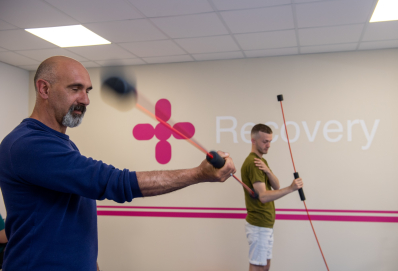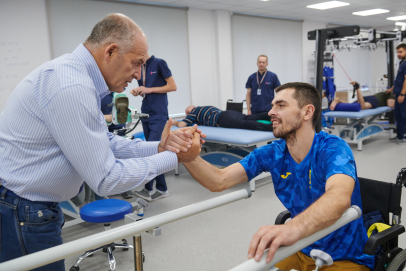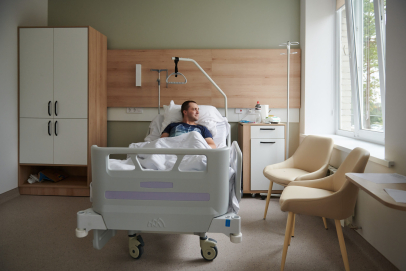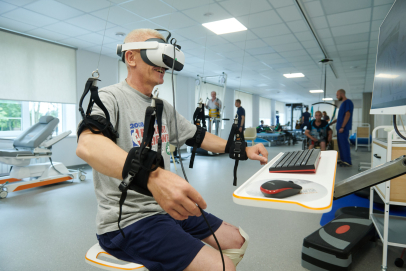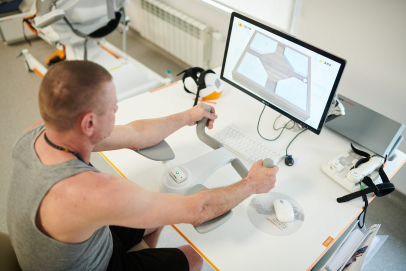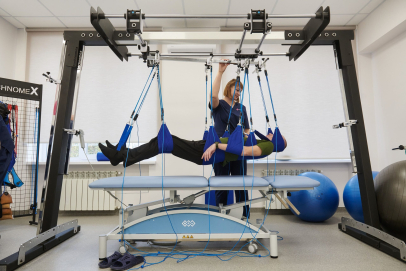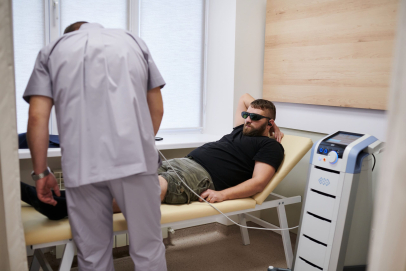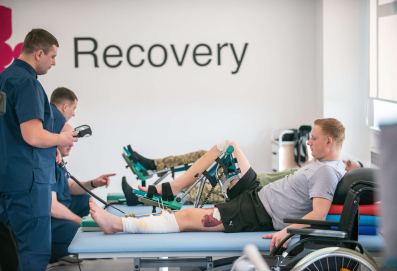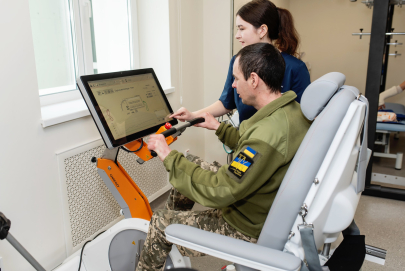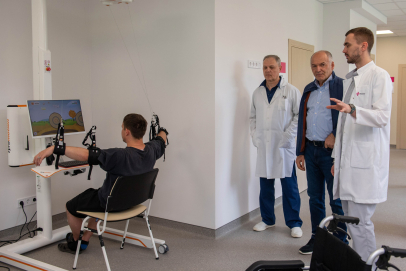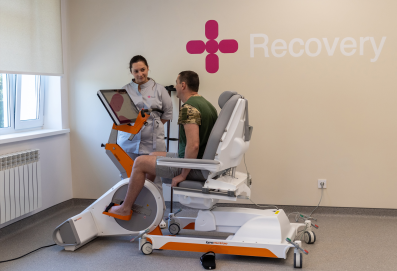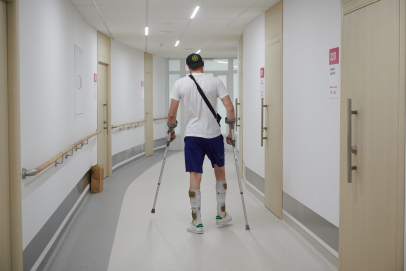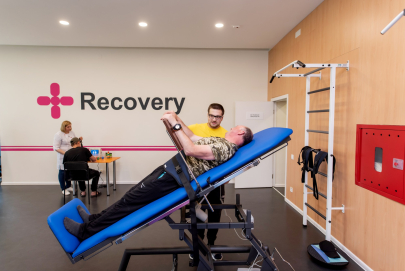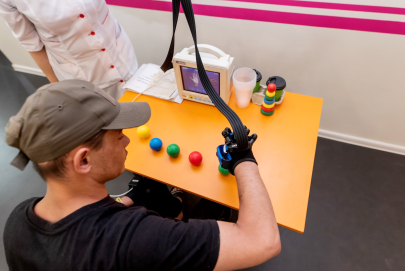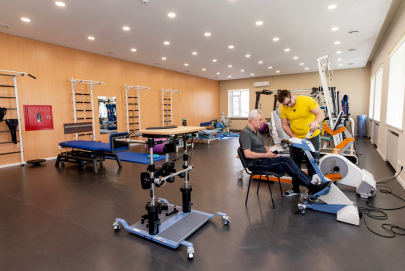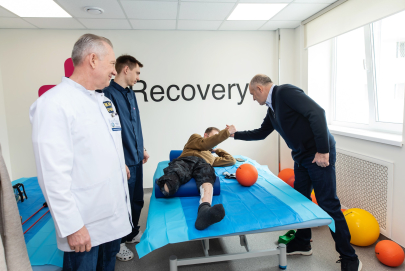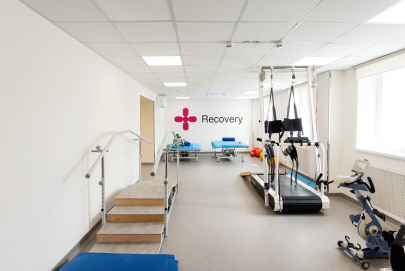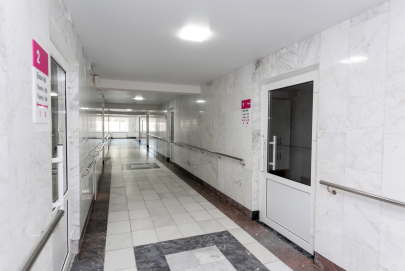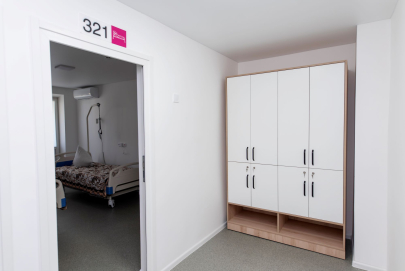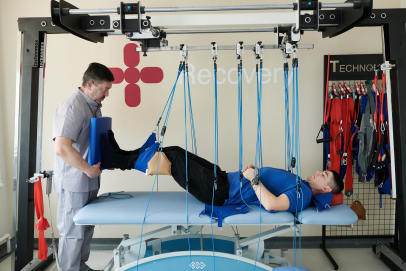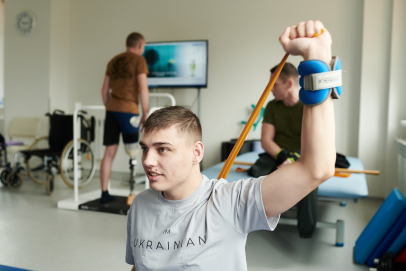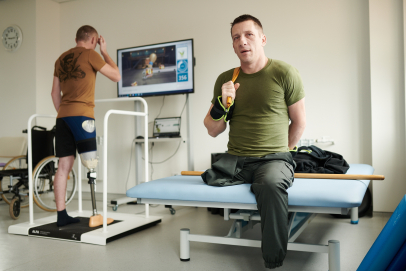Press-releases
Victor Pinchuk Foundation Supports Babi Yar Online Learning Environment Created by Yad Vashem
Yad Vashem’s International School for Holocaust Studies recently launched the "Babi Yar: Teaching about the Holocaust of Jews of Kiev Learning Environment" with the support of the Victor Pinchuk Foundation. The Learning Environment is a cutting-edge online educational tool teaching about the history of Babi Yar – the site of the mass murder of thousands of Jews and other perceived enemies of the Third Reich during the German occupation of the city from September 1941 to November 1943.
The Learning Environment provides multimedia resources – historical and educational materials, primary sources, written and video testimonies and photographs – for teachers to educate about Babi Yar. It addresses the extermination of the Jews of Kiev during the Holocaust, but also offers a historical overview of the Kiev Jewish community from its beginnings as well as general information about the Holocaust in the occupied territories of the USSR. In addition, it presents postwar efforts by the local Jewish population to publicly commemorate the Holocaust.
The online resource utilizes the unique pedagogical philosophy and interdisciplinary approach of the International School for Holocaust Studies of Yad Vashem. It provides knowledge and access to the younger generation – in line with the Victor Pinchuk Foundation’s mission of empowering a generation of change makers that will created a new, open, tolerant and democratic Ukraine, integrated with Europe and the rest of the world.
The launch of the Learning Environment coincides with the commemoration of 75 years since the Babi Yar massacre, to contribute to the growing awareness, within Ukraine and worldwide, of Babi Yar and the "Holocaust by Bullets" in the area of the occupied territories of the Former Soviet Union.
About Babi Yar
Babi Yar, a ravine located in northwestern Kiev, the capital of Ukraine, was the site of the mass murder of some 34,000 Jews in late September 1941. A week after the Germans captured Kiev on 19 September 1941, they decided to massacre the city's Jews. On 28 September, the Jews were ordered to assemble the next morning for resettlement. They were marched to the ravine, and as they reached the site, they were forced to surrender all of their personal possessions. They were then ordered to undress and move towards the edge of the ravine in groups of ten. As they reached the edge, they were shot by members of the German Einsatzkommando 4a and Ukrainian police. At the end of the day, the bodies were covered with a thin layer of dirt. In two days of shooting, 33,771 Jews were murdered.
Over the next few months and years, thousands more victims were murdered at Babi Yar, including Jews, Roma, partisans, communists, disabled persons and Soviet prisoners-of-war. According to Holocaust scholars, in total over 100,000 people were killed there. In July 1943, the Germans returned to destroy the evidence of mass murder as part of "Aktion 1005." A memorial to those who were murdered was finally erected at the site of Babi Yar in 1974.
About Yad Vashem’s International School for Holocaust Studies
Situated on Jerusalem’s Mount of Remembrance, Yad Vashem’s forty-five-acre campus comprises world-class research and education centers and museums, as well as a range of monuments, memorials, gardens and sculptures—all the necessary components for a meaningful and dynamic commemoration of the Holocaust and its victims. These all blend into the rich Jerusalem forest that surrounds the site, allowing visitors to experience its multifaceted elements in a tranquil atmosphere.
Established by the Knesset in 1953, Yad Vashem has become a focal point of identification for every Israeli, Jew and person of conscience. Although more than sixty years have passed since the end of World War II, interest in the Holocaust has never been greater, and close to one million visitors continue to stream through its gates annually, eager to learn more about the most cataclysmic event in modern history and the people who lived—and died—at that time.
The International School for Holocaust Studies at Yad Vashem serves as a world center for Holocaust education, attracting students and educators from around the globe. Each year, the International School engages with more than 300,000 Israeli students and soldiers, as well as thousands of educators and students from Israel and abroad. Guided by its unique pedagogical philosophy, the International School continually develops educational materials, cutting-edge online pedagogical tools and teacher-training activities in order to create tailor-made programs suitable for different age groups and classrooms in over 60 countries. Teachers who graduate from the International School's programs join a network of dedicated educational professionals, who continue to disseminate Yad Vashem's pedagogical methodology throughout the world.
About the Victor Pinchuk Foundation
The Victor Pinchuk Foundation is an international, private, non-partisan, philanthropic foundation based in Ukraine, established in 2006 by businessman and public figure Victor Pinchuk to consolidate his long-standing philanthropic activities. It is the largest private Ukrainian philanthropic foundation.
The Foundation’s mission is "empowering future generations to become the change-makers of tomorrow." It focuses on education, fostering Ukraine's international integration, providing access to the inspiration of contemporary art, and healthcare.
The Foundation’s projects include the largest private scholarship program in Ukraine, Zavtra.UA; the international scholarship program for Ukrainian students, WorldWideStudies; public lectures with international leaders for Ukrainian students; and the creation of the Kiev School of Economics. Major projects for integrating Ukraine within Europe and the world are the support for Yalta European Strategy – YES – an international independent organization promoting Ukraine's European and global integration; and the Davos Philanthropic Roundtable and the Davos Ukrainian Lunch organized annually at the occasion of the World Economic Forum's Annual Meeting in Davos. A major investment is the largest and most dynamic contemporary art center in Central and Eastern Europe – the Pinchuk Art Centre – which is free of admission and has so far welcomed over 2.2 million visitors. The foundation has also created a network of modern neonatal centers throughout Ukraine, known as "Cradles of Hope."
Among major projects and programs to foster tolerance, human rights and Holocaust awareness, the Foundation has produced "Spell Your Name,” a documentary movie about the Holocaust in Ukraine (co-produced with Steven Spielberg); organized the display of the exhibition "Holocaust by Bullets" in New York and in Ukraine; supported the work of Patrick Desbois; and developed educational programs for Ukraine on the history of the Holocaust.


